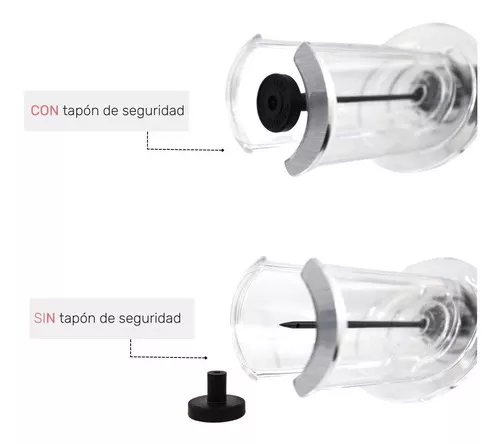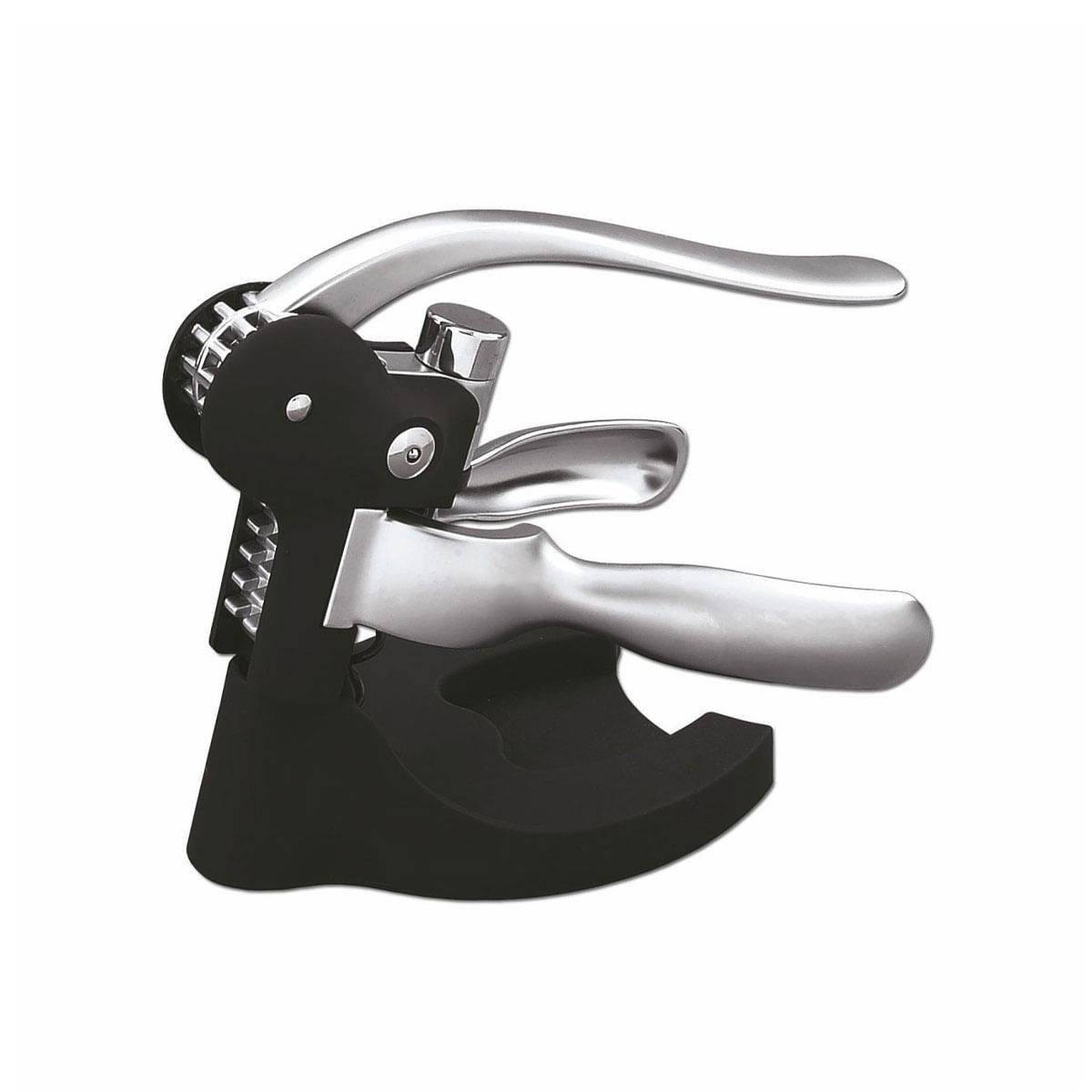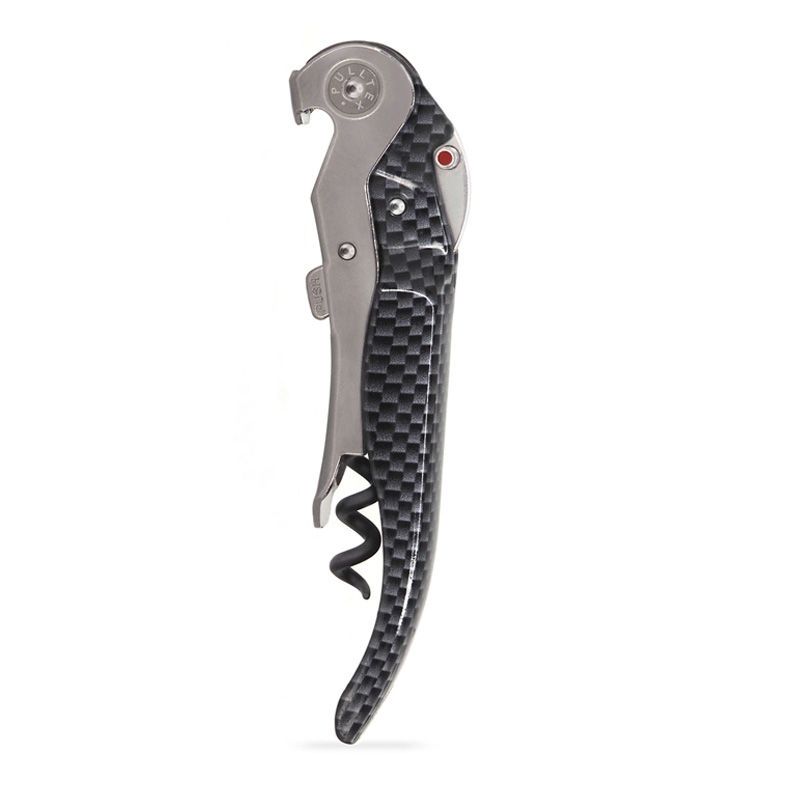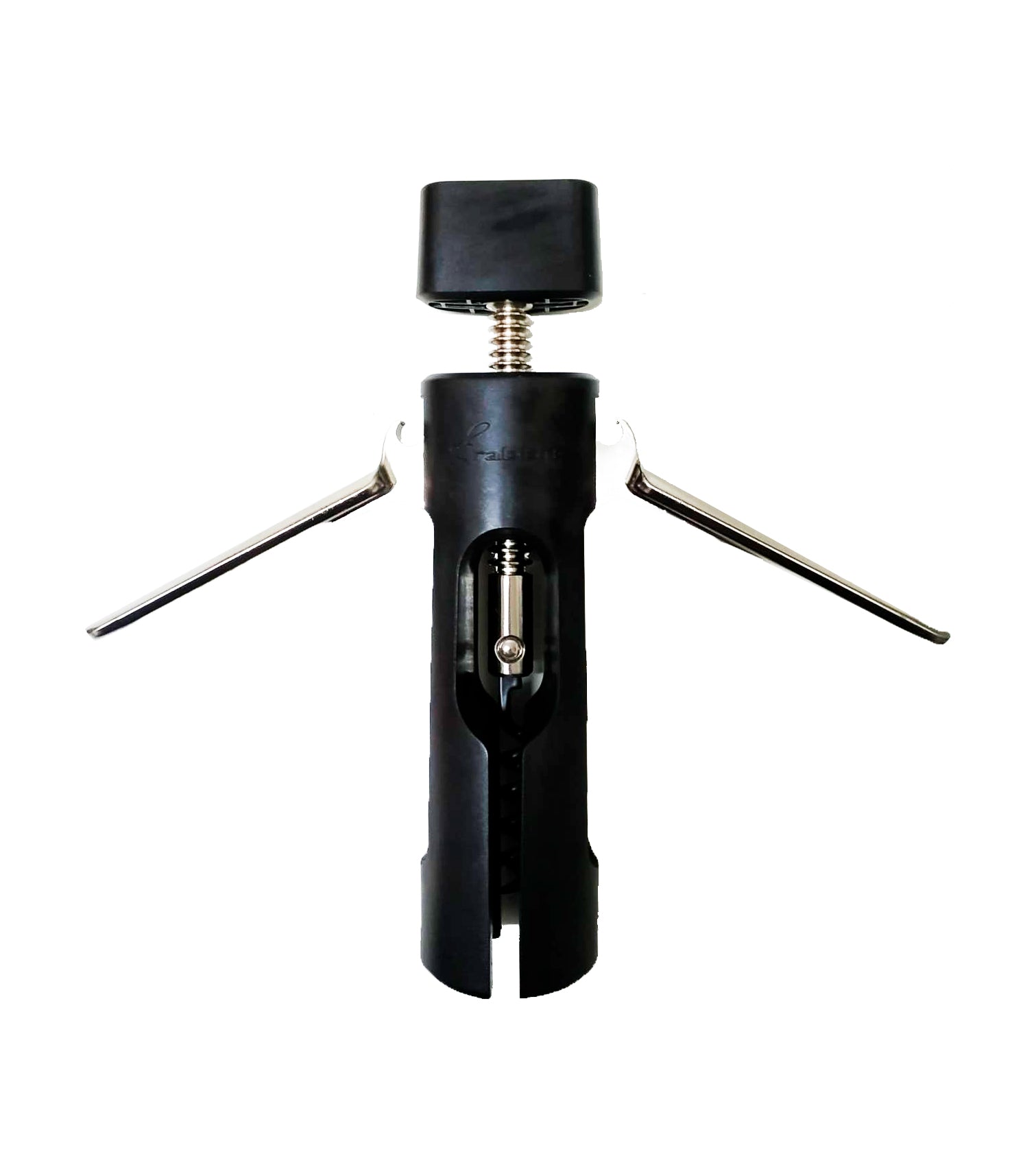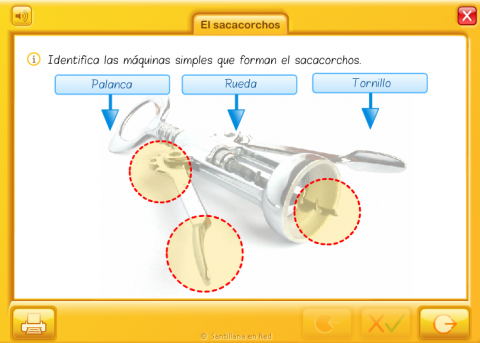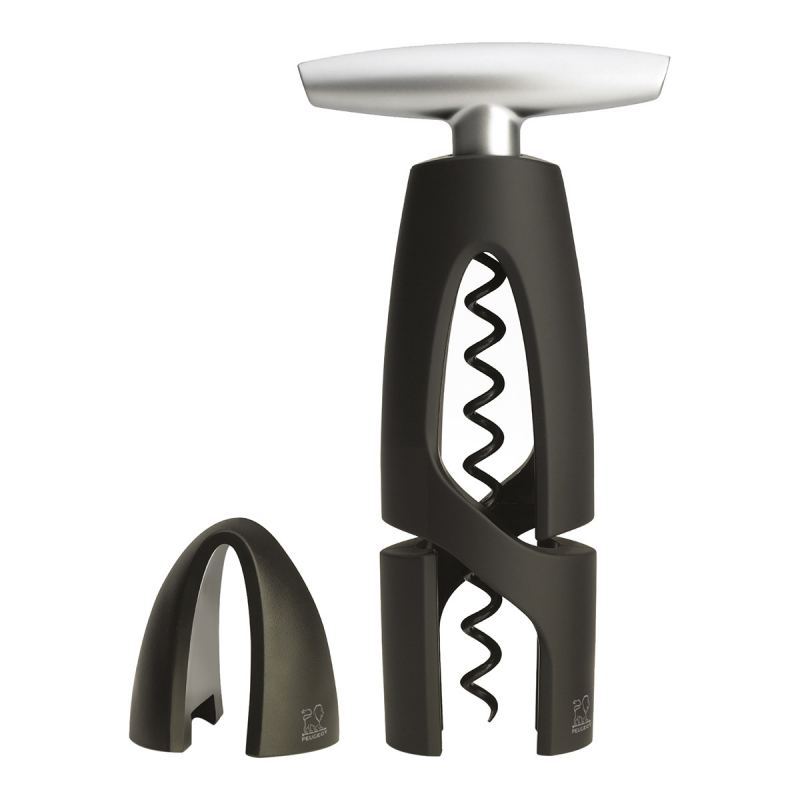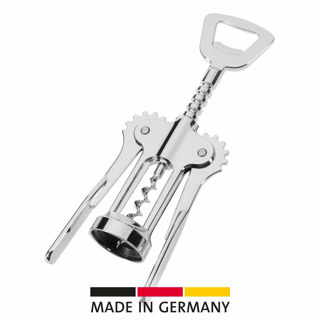
Compra arterameferro Sacacorchos de latón bruñido, tapones de corcho y gusano y manivela en Amazon.es
![Astor markhor (Capra falconeri falconeri) [aquí como Capra falconeri typica] tiene cuernos grandes y planos, que se ramifican muy ampliamente, y luego subir casi recto con sólo media vuelta. Es sinónimo de Astor markhor (Capra falconeri falconeri) [aquí como Capra falconeri typica] tiene cuernos grandes y planos, que se ramifican muy ampliamente, y luego subir casi recto con sólo media vuelta. Es sinónimo de](https://c8.alamy.com/compes/2gga1en/astor-markhor-capra-falconeri-falconeri-aqui-como-capra-falconeri-typica-tiene-cuernos-grandes-y-planos-que-se-ramifican-muy-ampliamente-y-luego-subir-casi-recto-con-solo-media-vuelta-es-sinonimo-de-capra-falconeri-cashmiriensis-o-pir-panjal-markhor-que-tiene-cuernos-pesados-y-planos-retorcidos-como-una-ilustracion-de-color-de-sacacorchos-del-libro-bueyes-silvestres-ovejas-y-cabras-de-todas-las-tierras-vivas-y-extintas-por-richard-lydekker-1849-1915-publicado-en-1898-por-rowland-ward-londres-2gga1en.jpg)
Astor markhor (Capra falconeri falconeri) [aquí como Capra falconeri typica] tiene cuernos grandes y planos, que se ramifican muy ampliamente, y luego subir casi recto con sólo media vuelta. Es sinónimo de

Compra Westmark Sacacorchos/encorchador, Monopol Edition, Acero/Cinc fundido a presión, Ah-So, Cromado, 6285336C en Amazon.es

